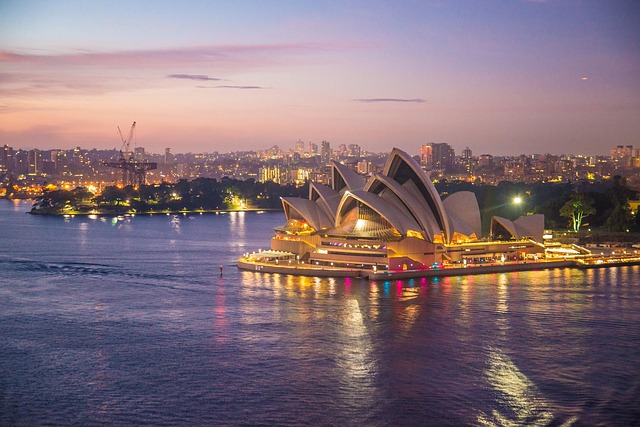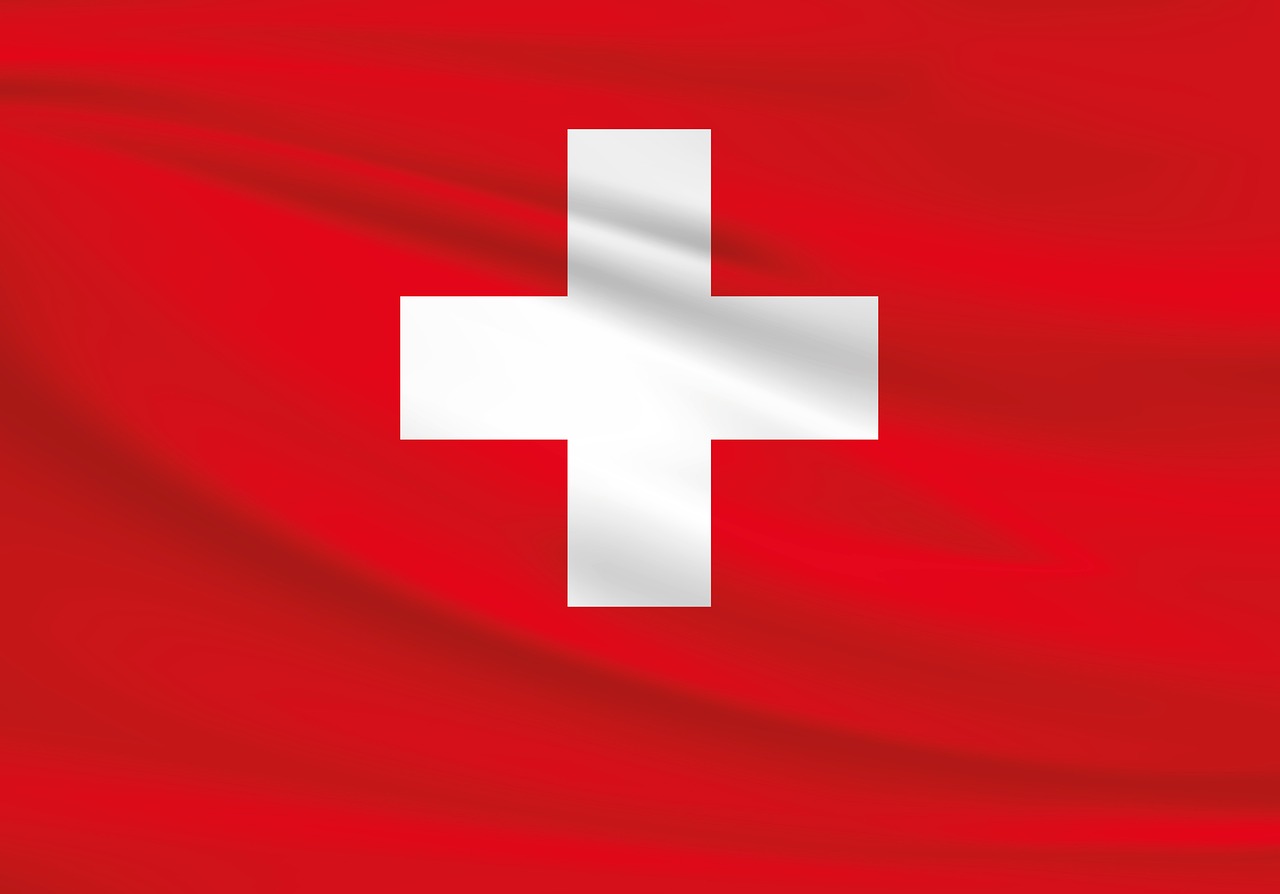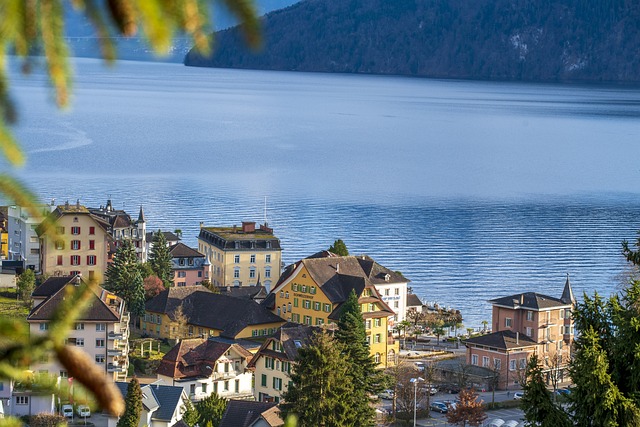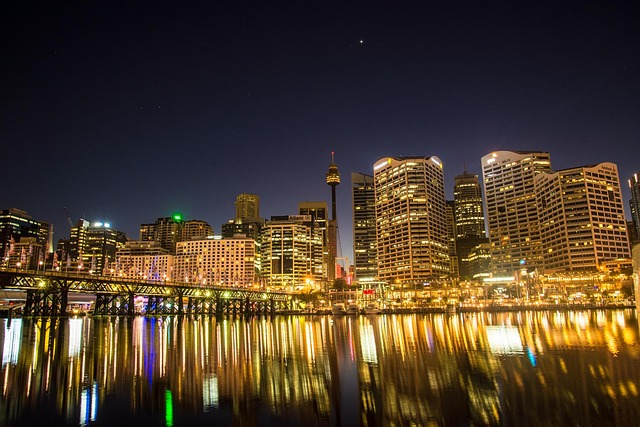Swiss Music: From Yodeling to Modern Beats
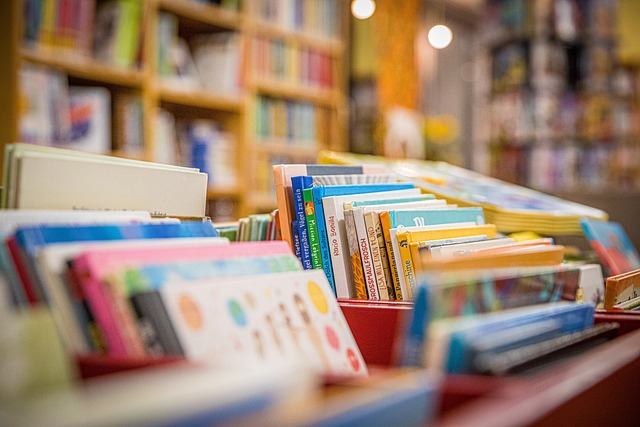
Switzerland, a country renowned for its breathtaking alpine landscapes, precision engineering, and delectable chocolates, also boasts a rich and diverse musical heritage. Swiss music is a fascinating blend of traditional folk sounds and contemporary genres, reflecting the country’s multicultural influences and innovative spirit. From the iconic yodeling echoing through the mountains to the pulsating beats of modern electronic music, Swiss music offers a unique auditory journey. This article delves into the evolution of Swiss music, exploring its roots, key genres, and the artists who have shaped its sound.
The Roots of Swiss Music: Yodeling and Folk Traditions
Yodeling: The Voice of the Alps
Yodeling is perhaps the most iconic form of Swiss music, deeply rooted in the country’s alpine culture. This distinctive vocal technique involves rapid shifts between the chest voice and falsetto, creating a melodic and rhythmic pattern that resonates across mountain valleys. Historically, yodeling served as a means of communication between herders and villagers in the remote alpine regions. Its hauntingly beautiful sound has since become a symbol of Swiss identity.
Yodeling is often accompanied by traditional instruments such as the Schwyzerörgeli (a type of accordion), the alphorn (a long wooden horn), and the hammered dulcimer. These instruments add depth and texture to the music, creating a soundscape that evokes the natural beauty of Switzerland’s landscapes.
Folk Music: A Celebration of Regional Diversity
Swiss folk music varies significantly across the country’s linguistic regions—German, French, Italian, and Romansh. Each region has its own unique styles, instruments, and dances. For instance, the German-speaking areas are known for Ländler music, a traditional dance genre characterized by its 3/4 time signature and lively melodies. In contrast, the French-speaking regions often feature chanson folklorique, a style of folk singing that emphasizes storytelling and poetic lyrics.
Folk festivals, such as the Swiss Yodeling Festival and the Alpine Folk Music Festival, play a crucial role in preserving and promoting these traditions. These events bring together musicians, dancers, and audiences from across the country, fostering a sense of unity and cultural pride.
The Evolution of Swiss Music: From Classical to Pop
Classical Music: A Foundation of Excellence
Switzerland has produced several notable classical composers and musicians who have left an indelible mark on the global stage. One of the most celebrated figures is Arthur Honegger, a composer known for his innovative orchestral works and operas. Another prominent name is Ernest Ansermet, the founder of the Orchestre de la Suisse Romande, who played a pivotal role in promoting modern classical music.
Switzerland’s classical music scene thrives today, with world-class institutions like the Lucerne Festival and the Zurich Opera House attracting top talent from around the world. These venues serve as platforms for both established and emerging artists, ensuring the continued growth and appreciation of classical music.
Swiss Pop and Rock: A Modern Twist
In the mid-20th century, Swiss music began to embrace contemporary genres such as pop and rock. Artists like DJ BoBo and Pascal Obispo gained international fame, blending catchy melodies with multilingual lyrics that appealed to a global audience. Swiss pop music often incorporates elements of folk and classical traditions, creating a unique fusion that sets it apart from other European pop scenes.
The rock scene in Switzerland has also flourished, with bands like Gotthard and Krokus achieving widespread acclaim. These bands have drawn inspiration from both local and international influences, crafting a sound that resonates with fans across generations.
Swiss Electronic Music: A Global Phenomenon
The Rise of Electronic Music
Switzerland has emerged as a powerhouse in the global electronic music scene, thanks to its vibrant club culture and innovative producers. Cities like Zurich, Geneva, and Basel are home to some of the world’s most renowned nightclubs and music festivals, such as Street Parade and Zurich Openair. These events attract thousands of electronic music enthusiasts, showcasing the genre’s universal appeal.
Swiss DJs and Producers: Pioneers of Sound
Swiss DJs and producers have played a pivotal role in shaping the electronic music landscape. Artists like Diplo, Yello, and Luciano have gained international recognition for their groundbreaking work. Yello, in particular, is celebrated for their experimental approach to music, blending electronic beats with unconventional sounds and visuals.
The Swiss electronic music scene is also known for its diversity, encompassing subgenres such as techno, house, and trance. This versatility has allowed Swiss artists to collaborate with musicians from around the world, further enriching the global electronic music community.
The Future of Swiss Music: Innovation and Collaboration
As Switzerland continues to embrace its multicultural identity, its music scene is poised for further growth and innovation. Emerging artists are experimenting with new sounds and technologies, pushing the boundaries of traditional and contemporary genres. Collaborations between Swiss musicians and international artists are becoming increasingly common, fostering a spirit of creativity and exchange.
Moreover, initiatives like Swiss Music Export are helping to promote Swiss music on the global stage, providing artists with the resources and opportunities they need to succeed. With its rich heritage and forward-thinking approach, Swiss music is sure to remain a vibrant and dynamic force in the years to come.
